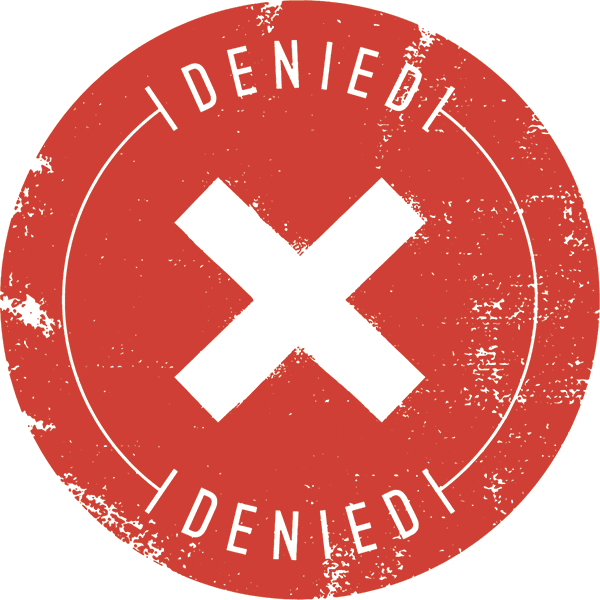Introduction
Hey there, pal—pull up a plush studio chair and picture Memphis in 1992. A skinny blond kid named Justin Randall Timberlake belts gospel riffs at the local Baptist church, then rushes home to mimic Michael Jackson moves in the mirror. Mom Lynn drives him to Nashville talent shows; Dad, a choir director by weekend, spins Al Green and Earth, Wind & Fire on the family stereo. Those vinyl crackles carve rhythm into Justin’s bones before braces arrive.
At eleven he lands a spot on Disney’s Mickey Mouse Club alongside Britney Spears and Ryan Gosling. Break-time hallway cyphers see young JT absorbing Black classmates’ slang and dance steps. After cancellation, he returns to Tennessee, only to leap back when Lou Pearlman forms *NSYNC. The quintet’s 1997 self-titled debut rockets boy-band mania past Backstreet borders. By 2000 the curly-haired tenor is leading choreo, sliding falsettos across Rodney Jerkins–produced R&B inflections. Older Black fans call it polished Motown Lite. Teen MTV viewers just scream.
Solo dawn breaks in 2002. Timberlake’s Justified taps Pharrell Williams and Timbaland for swampy snares and clipped funk guitars. “Cry Me a River” marries gospel harmonies with hip-hop drums, earning comparisons to Usher and Prince. BET reluctantly spins the singles. Essence columns ask: appropriation or evolution? Justin credits Memphis soul heritage and calls Pharrell “my musical big brother.” Albums FutureSex/LoveSounds and The 20/20 Experience cement his R&B credentials, while rap cosigns pile up from T.I., JAY-Z, and Snoop Dogg.
Yet controversy shadows the moonwalk. The 2004 Super Bowl “wardrobe malfunction” leaves Janet Jackson to shoulder public outrage while Justin’s career sails. Critics accuse him of benefiting from racialized double standards. He issues brief sympathy lines, then moves on. Years later he’ll apologize—but the delayed timing feels like Apple Music buffering on dial-up.
Award shows bring further side-eye. At the 2016 BET Awards, Justin tweets admiration for actor Jesse Williams’s Black-empowerment speech. A follower reminds him of past cultural borrowing; Justin replies, “We’re all the same,” triggering a Twitter roast over color-blind clichés. He deletes, then clarifies intentions. Damage control tours commence again.
From Timbaland’s Miami studio to Pharrell’s Virginia Beach compound, Justin’s love for Black production remains constant. He studies D’Angelo chord voicings, hires Parris Goebel to choreograph Afro-fusion moves, and shouts out Memphis juke joints in interviews. Yet he rarely speaks on policing or voter suppression. Meanwhile, memes circulate of him awkwardly beat-boxing in grizzly-beard flannel at the 2018 “Man of the Woods” rollout—sounding more like Bon Iver than Beat Street.
So here comes our playful yet pressing query: with decades of chart-topping R&B jams, crossover rap anthems, apology tours, and cultural stumbles, does Justin Timberlake hold the legendary N-Word Pass? Grab your headphones—let’s spin every record and receipt.
Cultural Context & Historical Background
The N-word forged its chains in slavery, shifted spelling inside Black resilience, and now acts as a guarded in-group badge. Outsiders requesting it face centuries of weight. Online jokesters created printable “passes,” but actual permission pivots on lived solidarity and shared struggle.
Justin’s journey threads through hip-hop’s global boom. By 2002, MTV’s Total Request Live served Timbaland basslines to suburban teens faster than Blockbuster rewinds. White pop acts dipped into Neptunes grooves to stay chart-fresh. Timberlake rode that wave yet voiced genuine admiration rather than tourist detachment.
Still, authenticity rubrics evolve. Social media now archives every slip, from tone-deaf tweets to silent absences during protest summers. Black Twitter treats the pass like mythical currency requiring ongoing deposits: activism, allyship, and accountability.
Justin’s résumé: Grammy speeches thanking “Black culture,” yes. Marching at Ferguson or Minneapolis? No evidence. Donation receipts? Mostly hush-hush. His support of #BlackLivesMatter pops up via Instagram Square but seldom through on-the-ground action.
With history loaded, the verdict stakes escalate.
Pros
Long-Term Collaborations with Black Producers
For two decades, Pharrell Williams, Chad Hugo, and Timbaland have shaped Justin’s soundscape. Consistent creative partnerships suggest mutual respect, not one-off clout grabs.
Vocal & Dance Style Rooted in Black Traditions
Falsetto riffs channel Al Green; pop-locking footwork borrows from New Jack Swing lineages. He studies pioneers rather than parodying.
Public Tributes to Black Influences
Red-carpet interviews regularly credit Stevie Wonder, Donny Hathaway, and Ginuwine. Documentary cameos show him praising Stax Records history.
Mentor to Emerging Black Artists
Through Tennman Entertainment, Justin signed and guided Esmée Denters, FreeSol, and Timbaland protégés, giving studio budgets and tour slots.
No Recorded Use of the Slur
Despite club appearances and freestyle videos, no footage captures Justin uttering the word—suggesting an internal line he won’t cross.
Cons
Super Bowl Fallout Left Janet Jackson Exposed
Justin’s swift career rebound contrasted with Janet’s blacklist, illustrating privilege imbalance and perceived indifference to Black women’s pain.
Color-Blind Tweet During BET 2016
Replying “We’re all the same” to systemic-racism discourse minimized lived Black realities and sparked accusations of surface-level allyship.
Sparse Activism on Racial Issues
Unlike peers John Legend or Ariana Grande, Justin rarely uses arenas, interviews, or dollars for robust racial-justice advocacy.
Country-Flavored Pivot Felt Like Safety Net
The lumberjack rebrand distanced him from hip-hop heat when times got tense, implying Black aesthetics are interchangeable costumes.
Pattern of Delayed Apologies
Remorse often arrives years later via Notes-app posts, undermining trust that lessons penetrate beyond PR strategy.
Deeper Cultural Analysis
Culture is a Memphis barbecue platter—flavors blend, but recipes trace lineage. Justin Timberlake’s career embodies Bauman’s liquid modernity: slipping between gospel falsetto, trap drums, and country twang. Fluid artistry isn’t theft by default; it becomes exploitative when profit outpaces reciprocity.
Hip-hop gatekeepers gauge reciprocity through advocacy, financial reinvestment, and timely solidarity. Justin’s philanthropic focus leans on disaster relief and Tennessee music education—worthy causes yet rarely targeted at the Black communities whose rhythms he monetizes.
Moreover, the “wardrobe malfunction” saga underscores gendered racial politics: a Black woman bore institutional backlash while a white man’s pop throne remained intact. The N-word Pass conversation hinges on confronting such imbalances, not merely avoiding the slur.
Final Verdict
No—Justin Timberlake does not have the N-Word Pass. Decades of soulful bops, deep-cut name-drops, and steadfast Black producer friendships earn kudos, but inconsistent allyship, delayed accountability, and privilege-cushioned pivots leave the cultural credit score shy of approval. A pass demands more than falsetto finesse; it calls for real-time solidarity when the beat stops. Keep singing, JT, but let that word stay off the set list.















